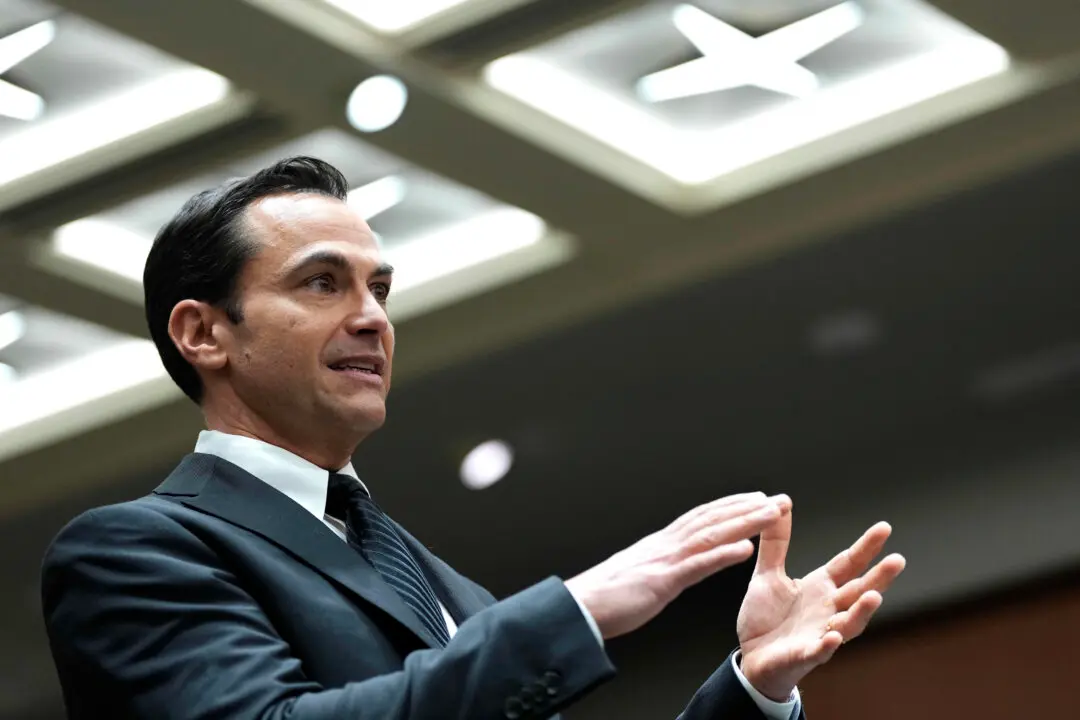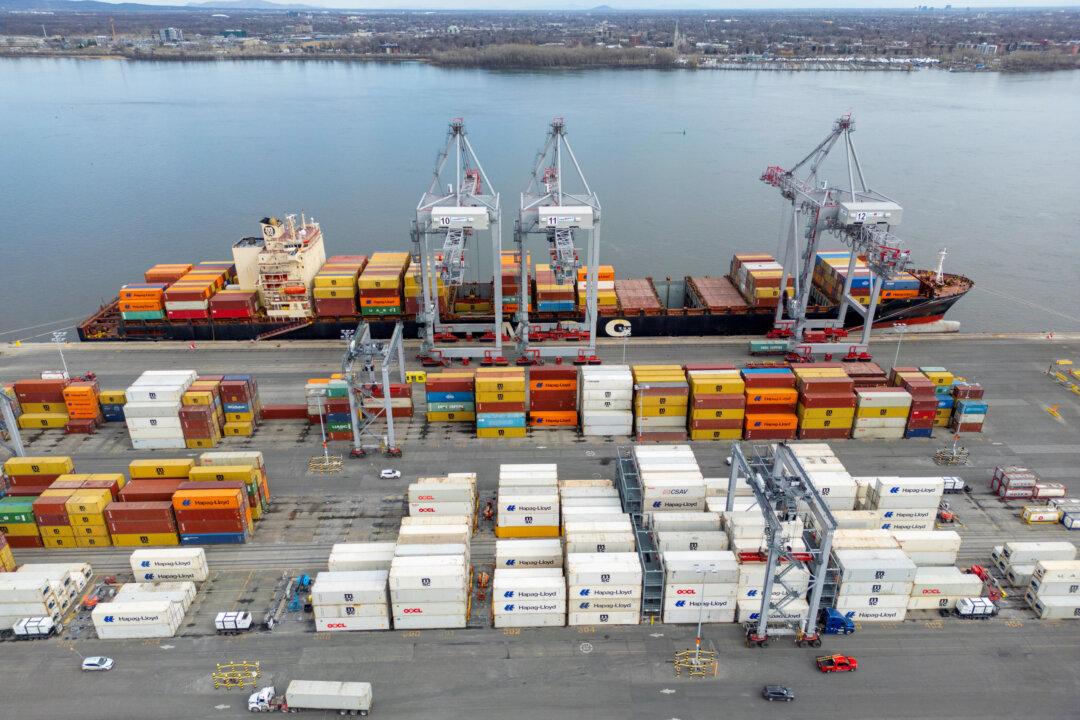Deputy Prime Minister Chrystia Freeland announced several initiatives aiming to ensure Canadians are “treated fairly by their banks,” including the creation of an external complaints body for the country’s banking sector.
“For too long, banks have been able to choose who adjudicates complaints from Canadians,” Ms. Freeland said in Ottawa on Oct. 17. “Canadians have asked for and deserve better and with an independent, transparent, and not-for-profit ombudsperson, and that is what they will receive.”





